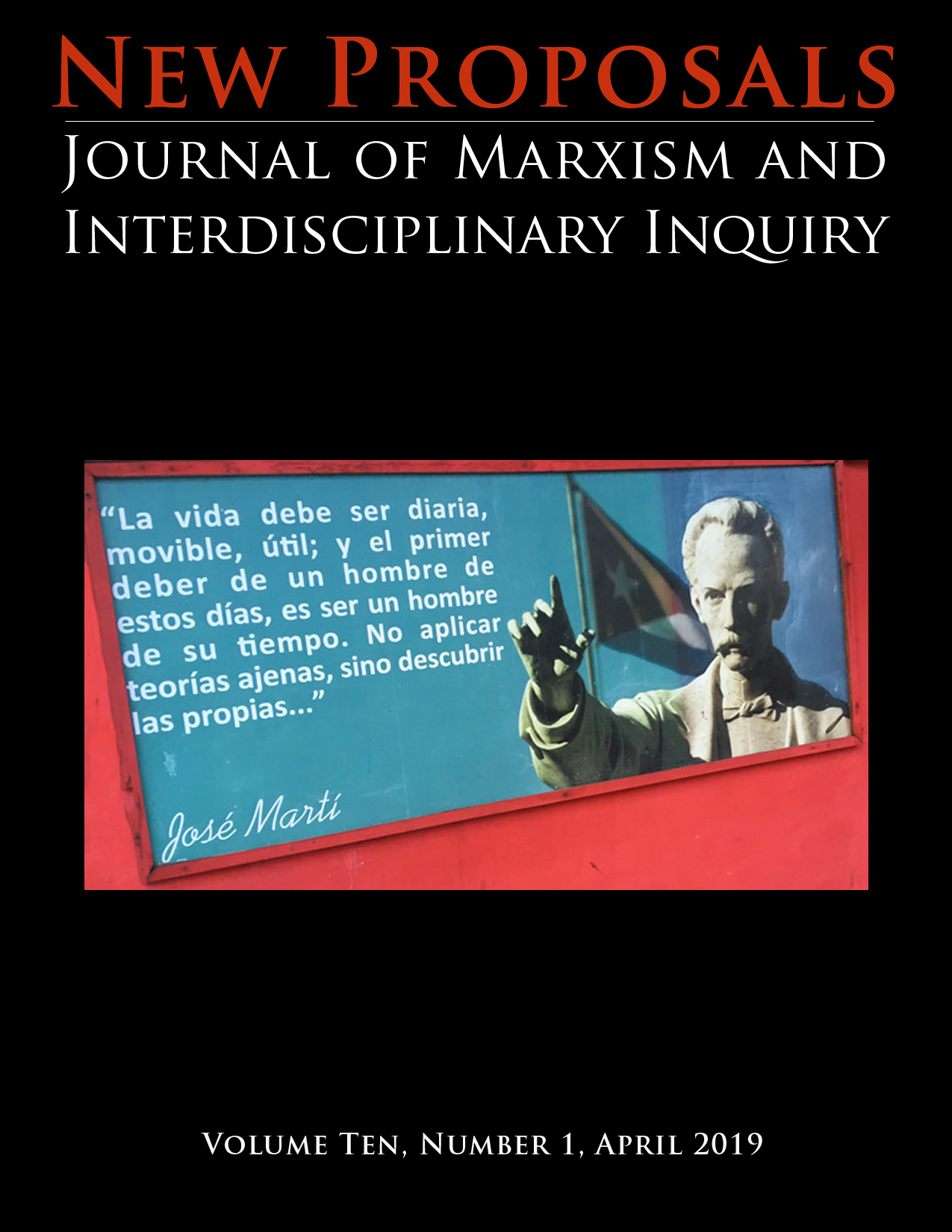Charity State: Neoliberalism, Political Islam, and Class Relations in Turkey
Keywords:
Class, Neoliberalism, Political Islam, State, TurkeyAbstract
Beginning with the suppression of the Gezi Park protests in 2013, the AKP aimed to counteract and oppress social and political opposition. The proponents of hegemonic liberal-conservative approach considered this process as the AKP’s authoritarian turn, and explained it with references to the tutelary regime borrowed from either the Republican state or neoliberalism on a global scale. Nevertheless, the liberal-conservative approach could not adequately identify the AKP’s attempt at transition to the exceptional form of state already beginning in 2010. This article borrows its theoretical and conceptual framework from Marxism. It argues that the AKP’s attempt was a result of and a response to the hegemonic crisis of the charity state as a particular sociohistorical form of authoritarian neoliberal state in Turkey. The AKP’s aim to transform and reconsolidate the charity state remained in conformity with its goal to maintain bourgeois class domination under the tutelage of religion.Downloads
Published
2018-06-16
Issue
Section
Articles

